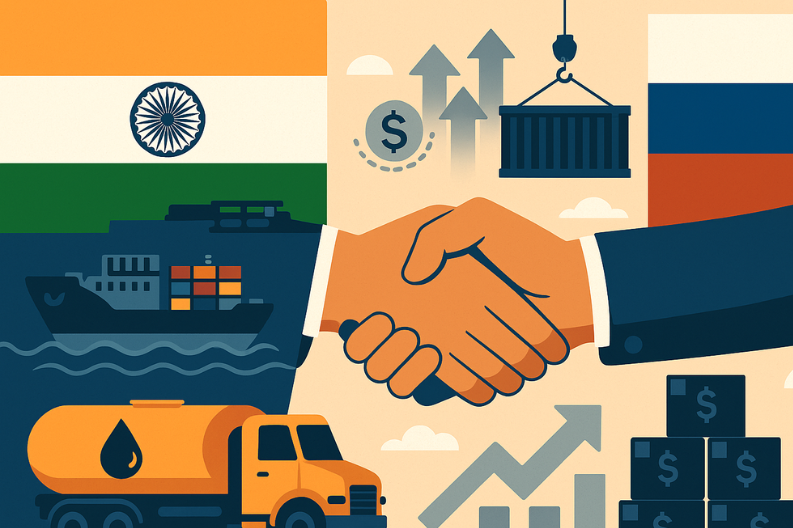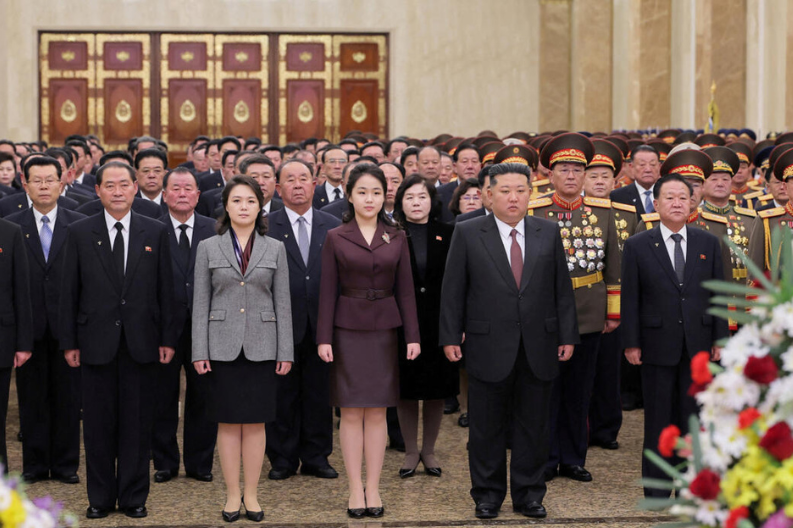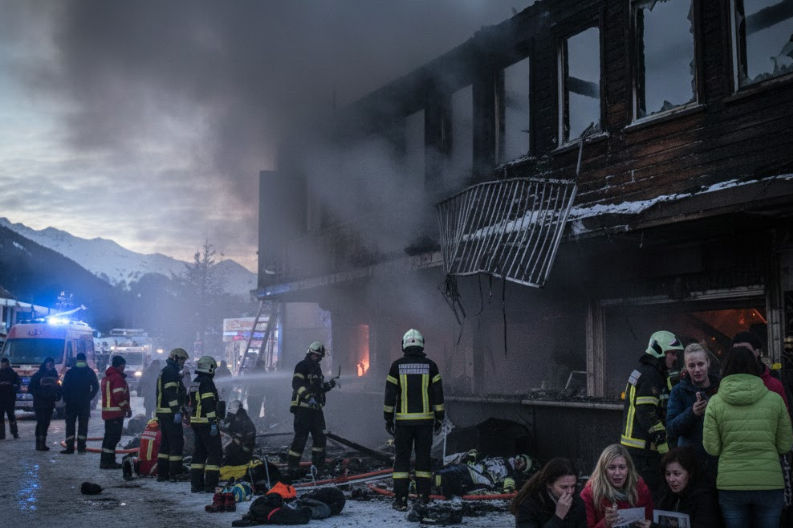External Affairs Minister S. Jaishankar began a two-day visit to Russia this week, as the United States imposed a 25 percent tariff on Indian imports of Russian crude oil. Energy is central to the talks, but trade and wider cooperation are also high on the agenda.
On Tuesday, Jaishankar met Russia’s First Deputy Prime Minister Denis Manturov. He also attended the India-Russia Inter-Governmental Commission for Trade, Economic, Scientific, Technological, and Cultural Cooperation. Today, he is set to hold talks with Foreign Minister Sergei Lavrov. The trip follows National Security Adviser Ajit Doval’s visit two weeks earlier, showing India’s intent to deepen ties with Moscow.
A major focus of the meetings is the widening trade gap. Bilateral trade grew from $13 billion in 2021 to an expected $68 billion by 2024–25. But the imbalance increased from $6.6 billion to $58.9 billion. Jaishankar urged Russian companies to work more closely with Indian businesses. He pointed to India’s strong economy and rapid urban growth, which create demand in transport, manufacturing, and technology. He said the two nations could still reach their $100 billion trade goal by the end of the decade.
Jaishankar also pushed to restart free trade talks with the Eurasian Economic Union (EAEU). The bloc includes Russia, Armenia, Belarus, Kazakhstan, and Kyrgyzstan. Talks broke down in 2022 after the Russia-Ukraine war, but both sides have now agreed on terms to resume. Trade between India and the EAEU reached $69 billion in 2024, a 7 percent rise from the year before.
The U.S. tariff has added strain to energy ties. Still, Moscow assured New Delhi that supplies will continue. Manturov confirmed Russia will keep sending oil and is exploring new LNG export routes to India. Russia now supplies about 35 percent of India’s crude, up from just 1 percent before the Ukraine conflict.
The visit also reflects the long-standing India-Russia partnership. Since independence, India has relied on Moscow for support in global affairs. The Soviet Union mediated during the 1965 India-Pakistan war. Russia remains India’s top defense partner, providing about 36 percent of its military equipment. Despite the Ukraine war, India has kept strong ties. Prime Minister Narendra Modi met President Vladimir Putin last year to reinforce the relationship.
Both sides want to strengthen cooperation despite U.S. pressure. Putin is expected to visit India later this year. As Jaishankar’s trip ends, both countries signal they are ready to expand trade, energy, and strategic cooperation. The partnership looks set to grow, even under external challenges.



